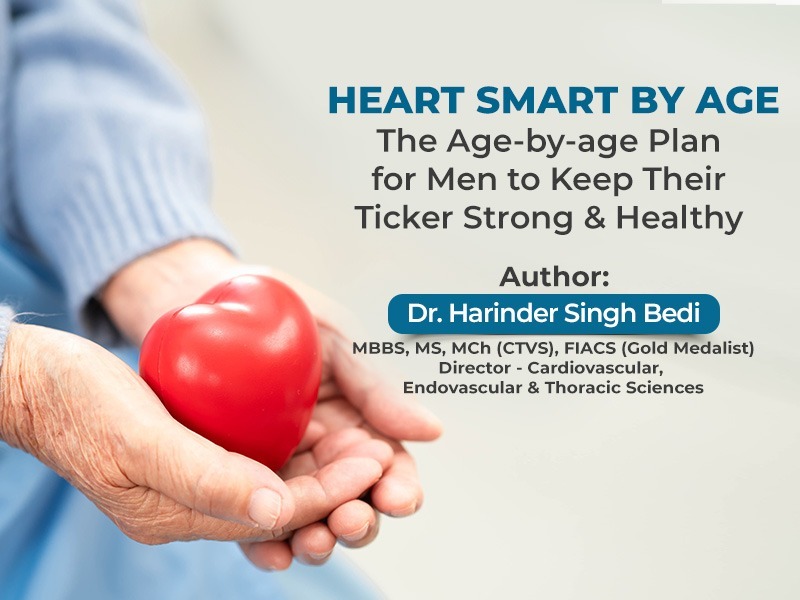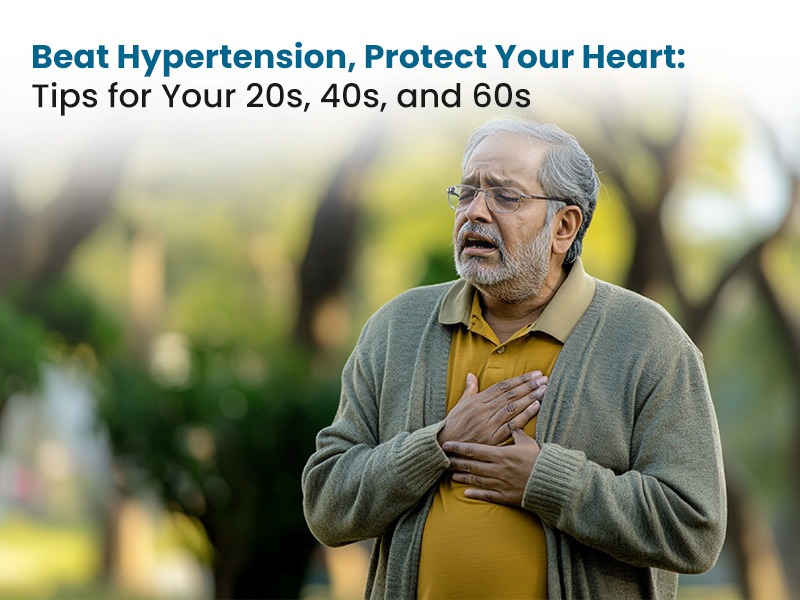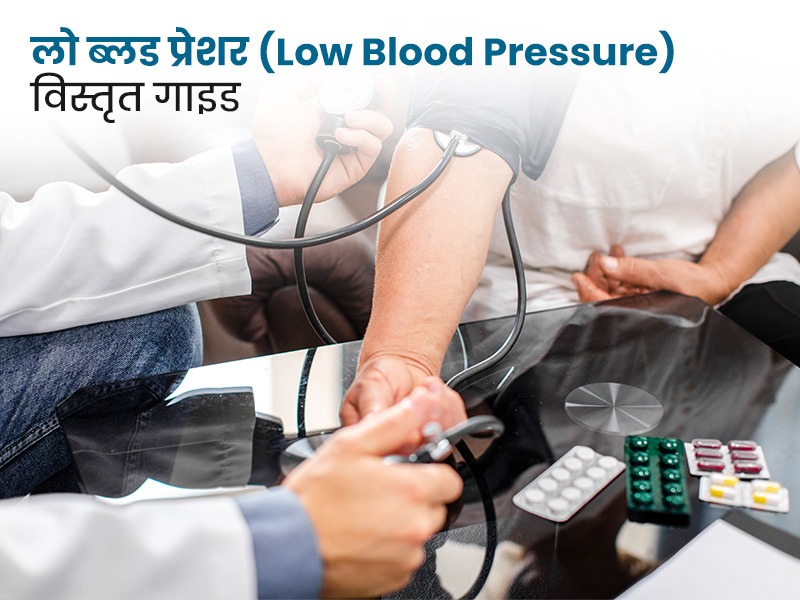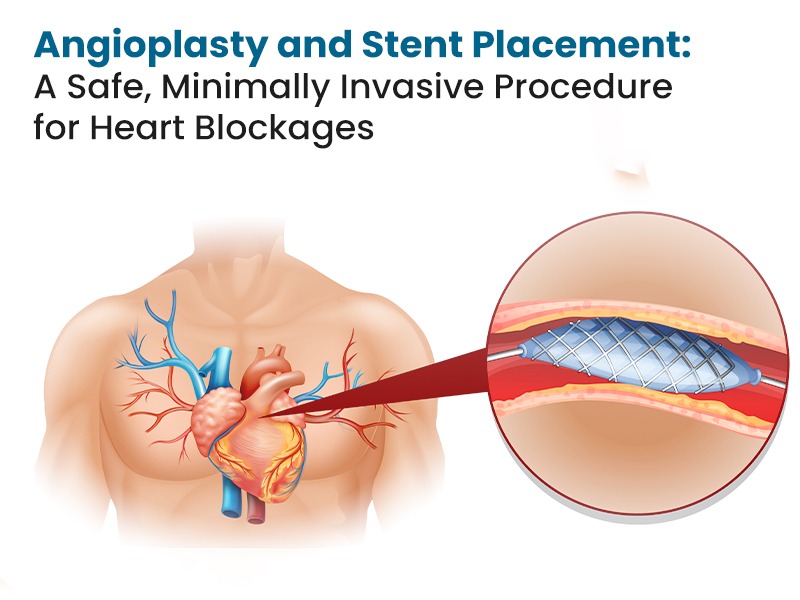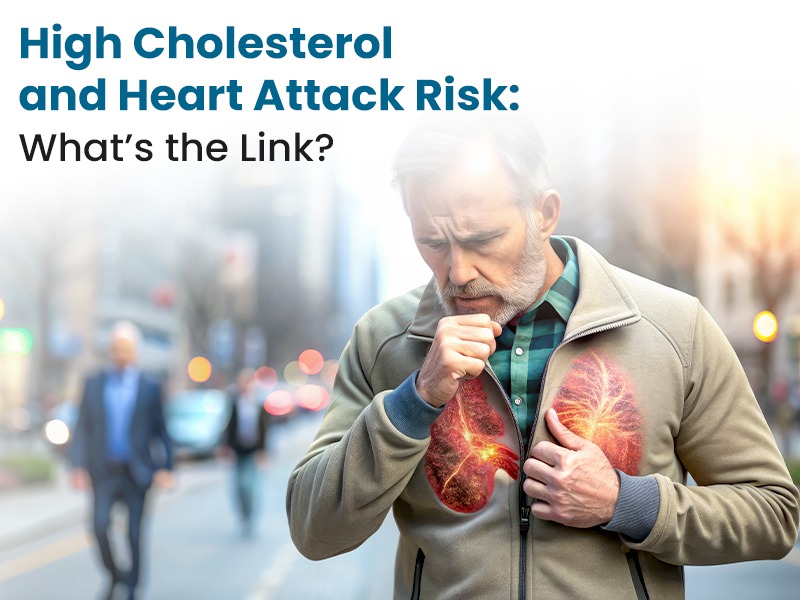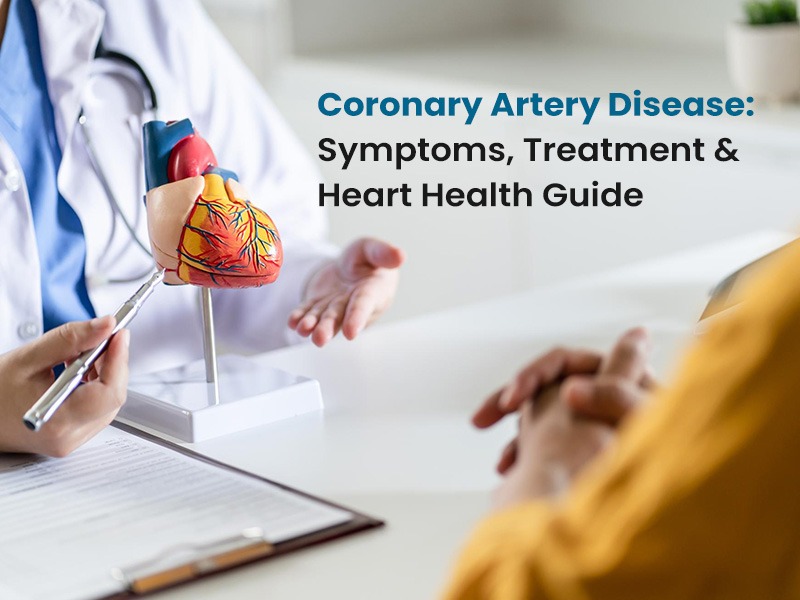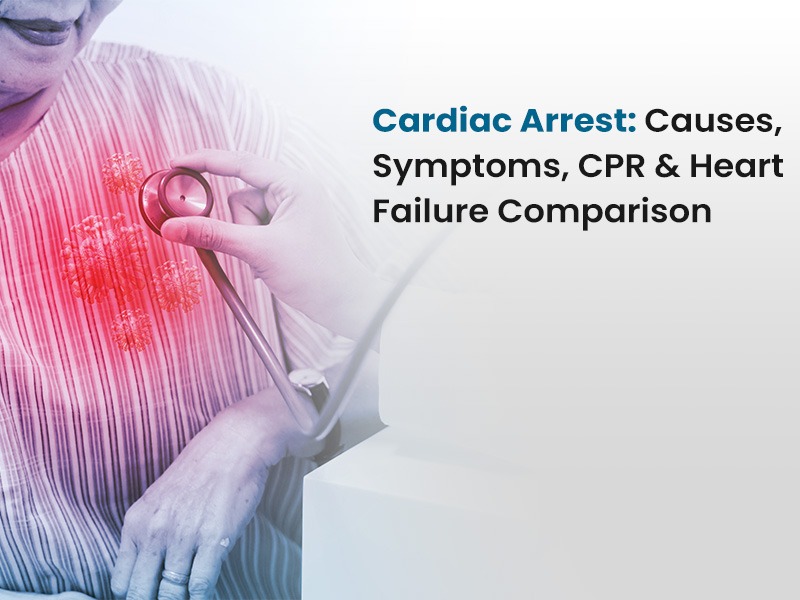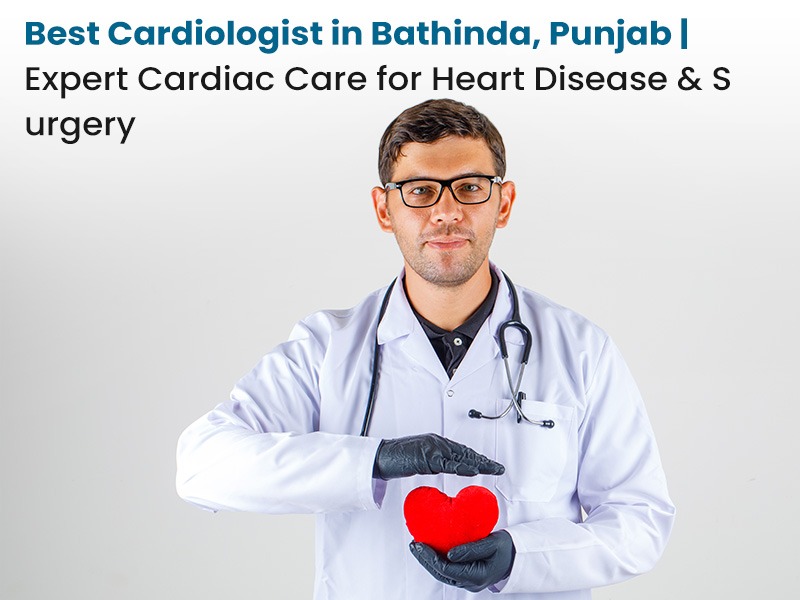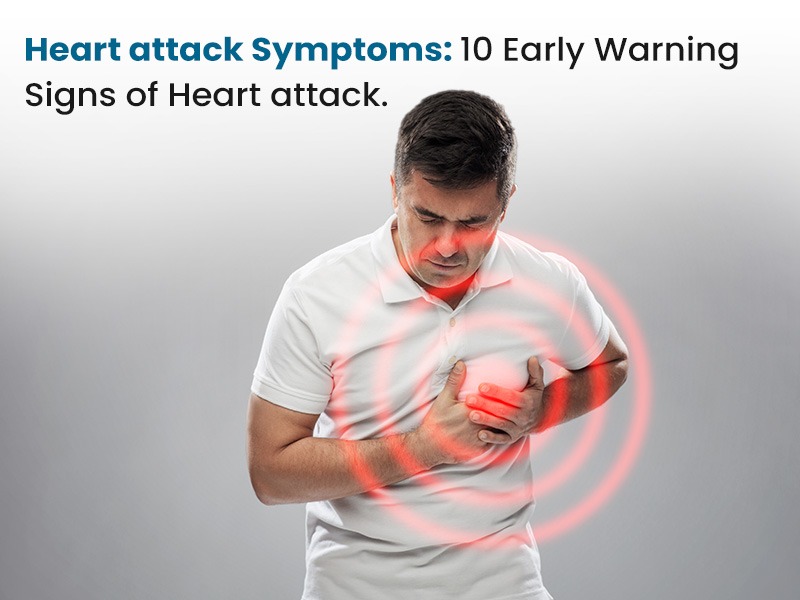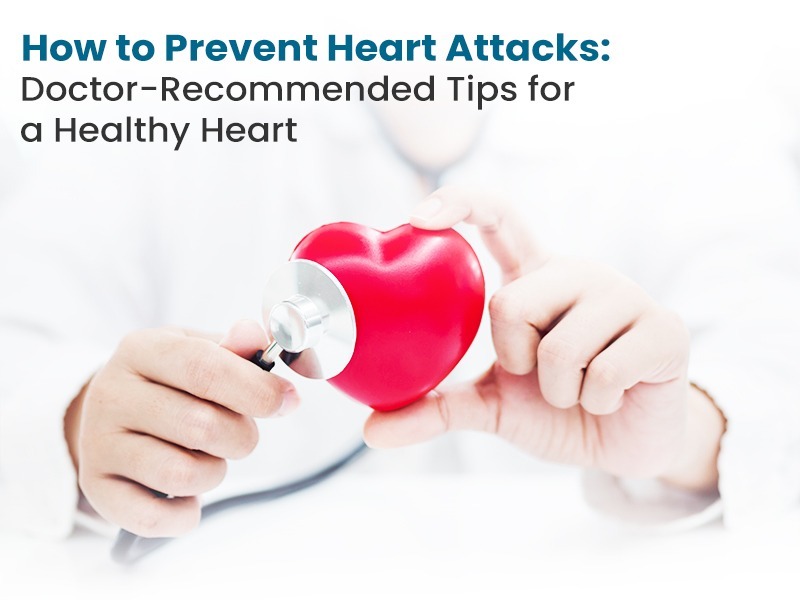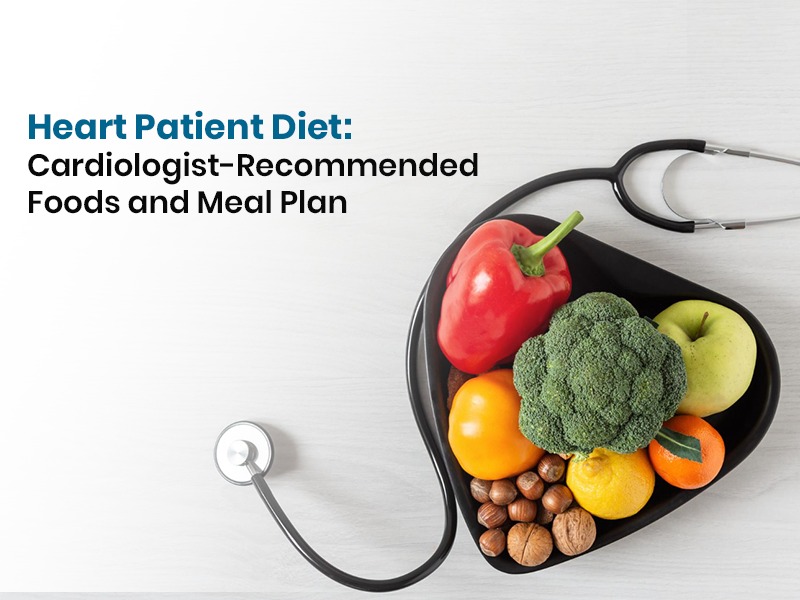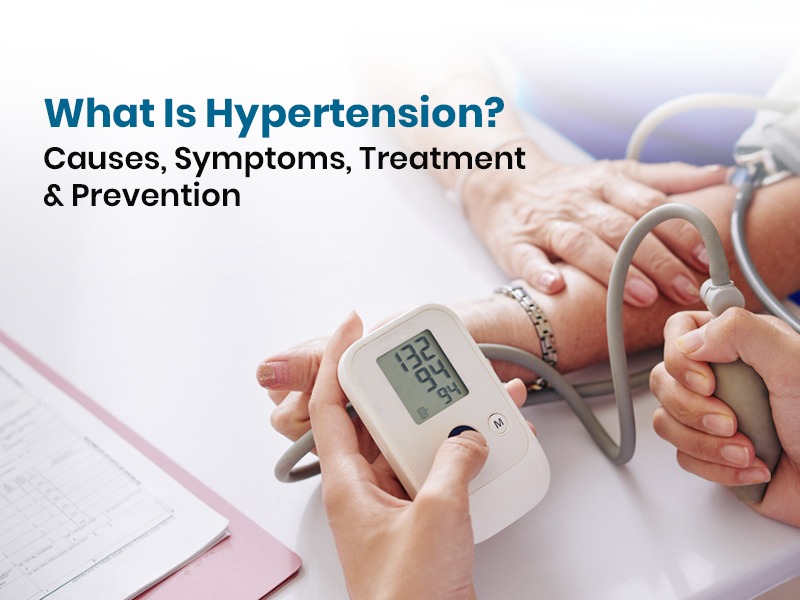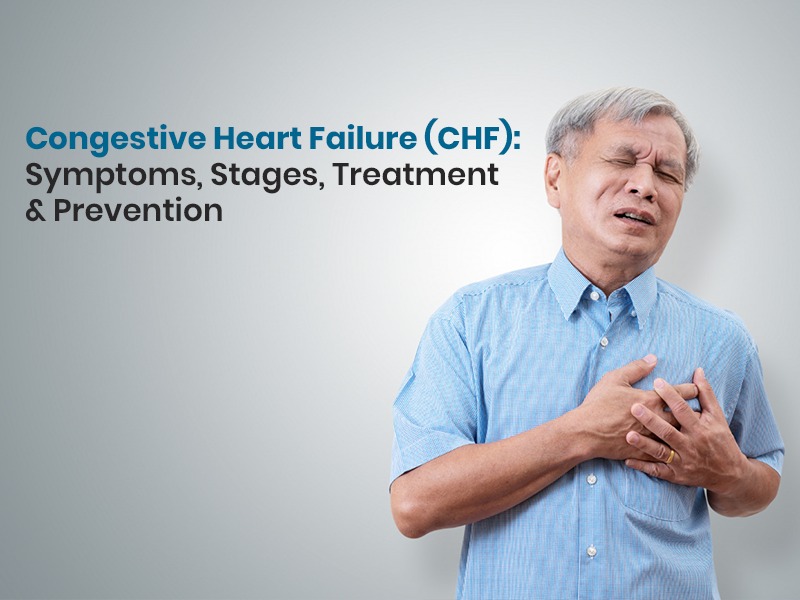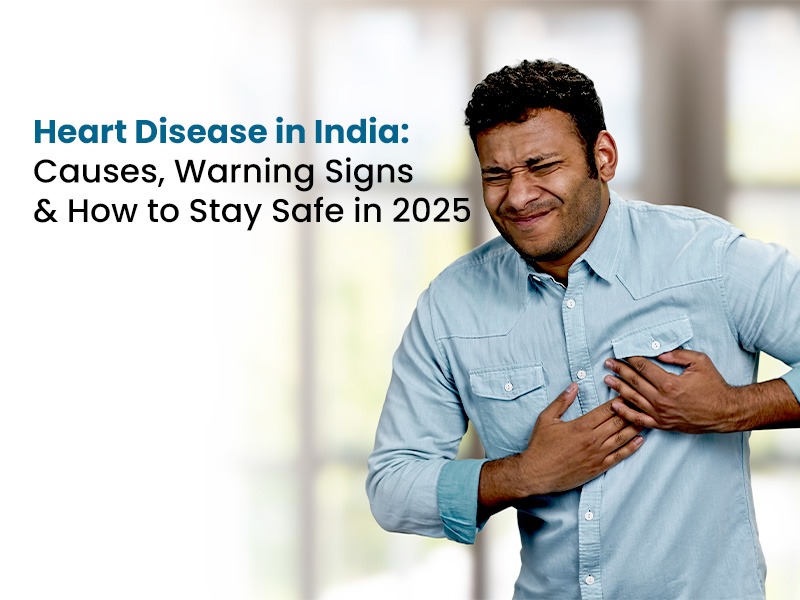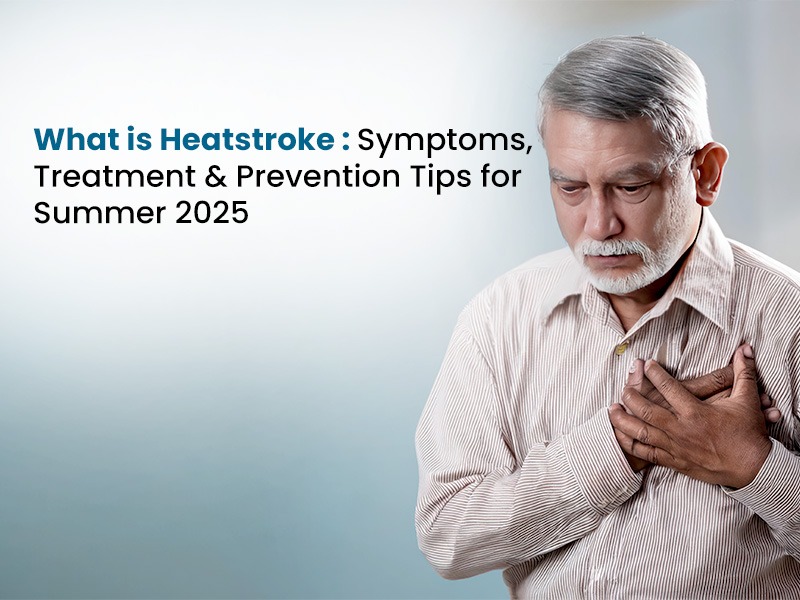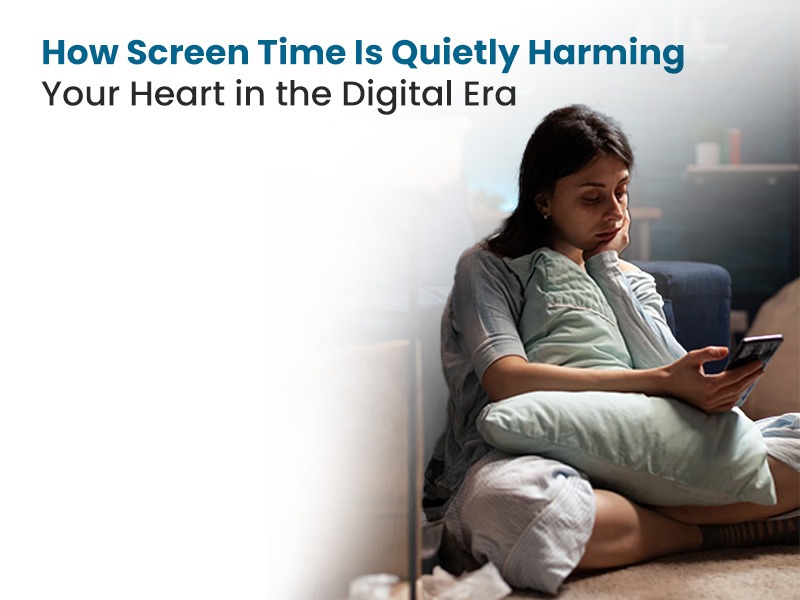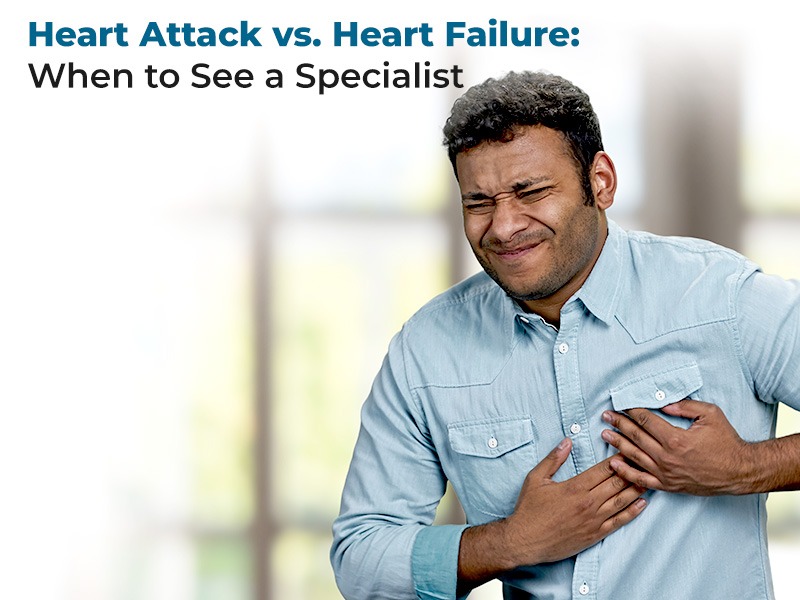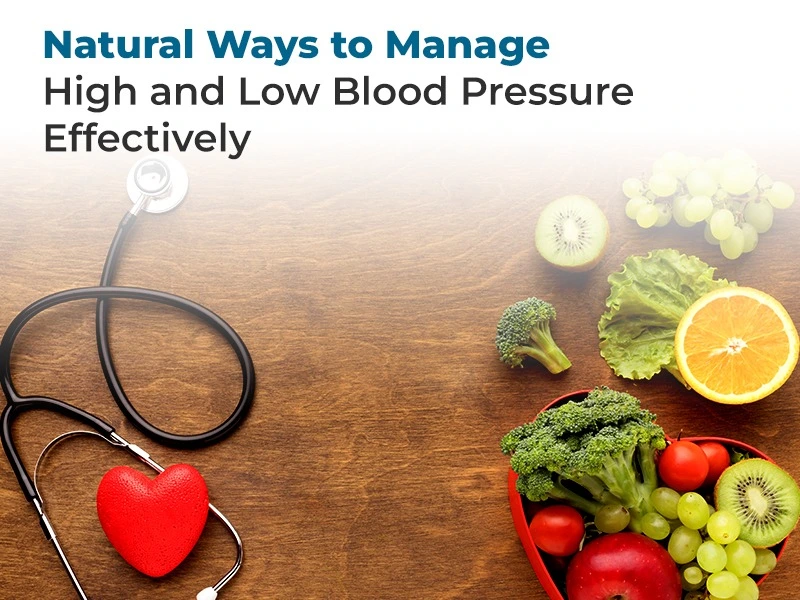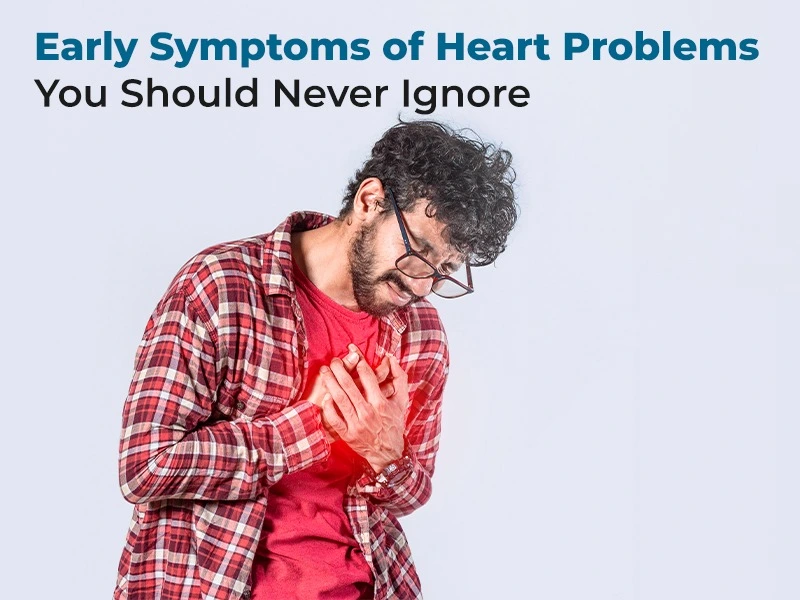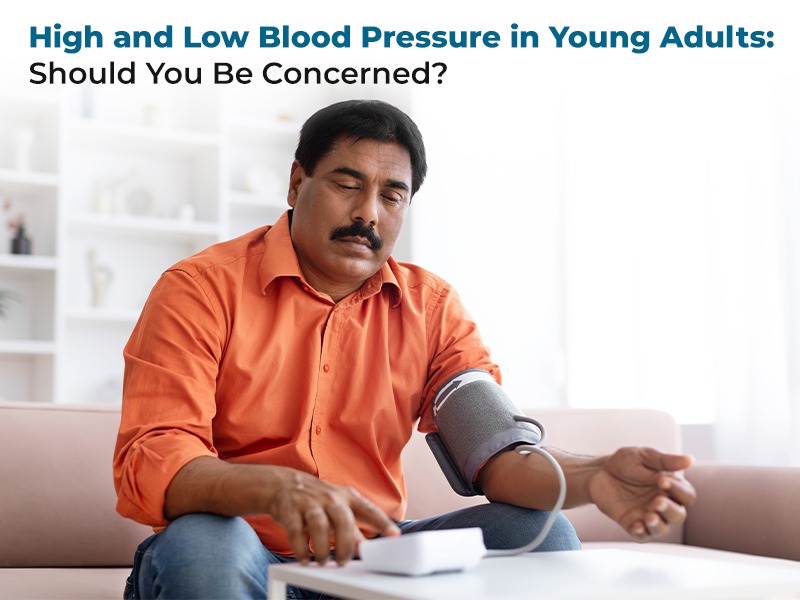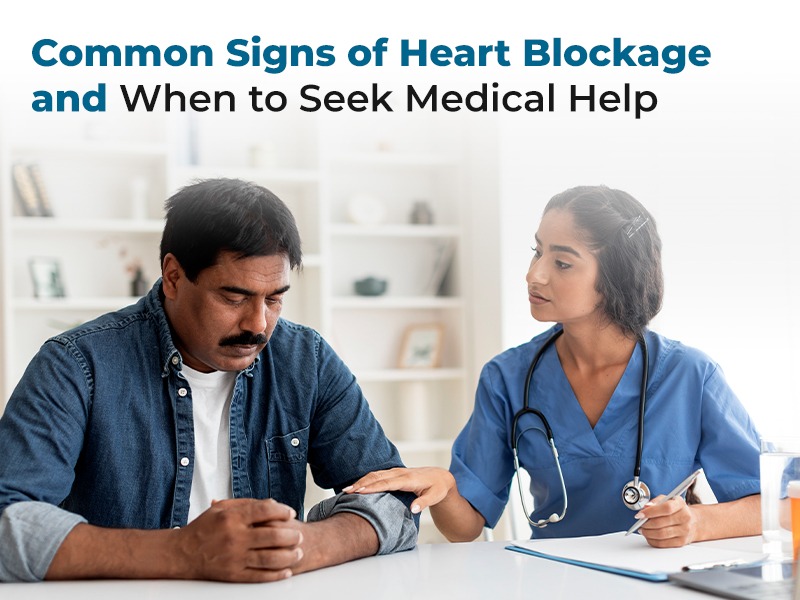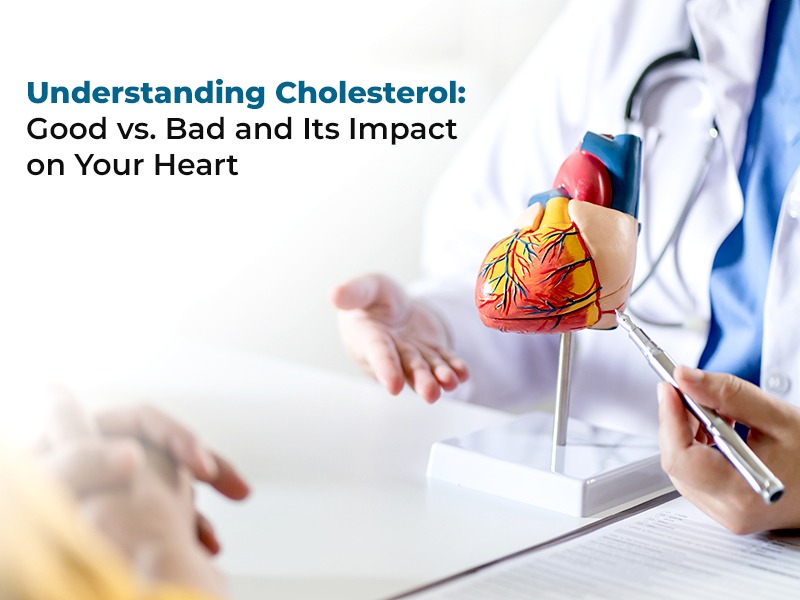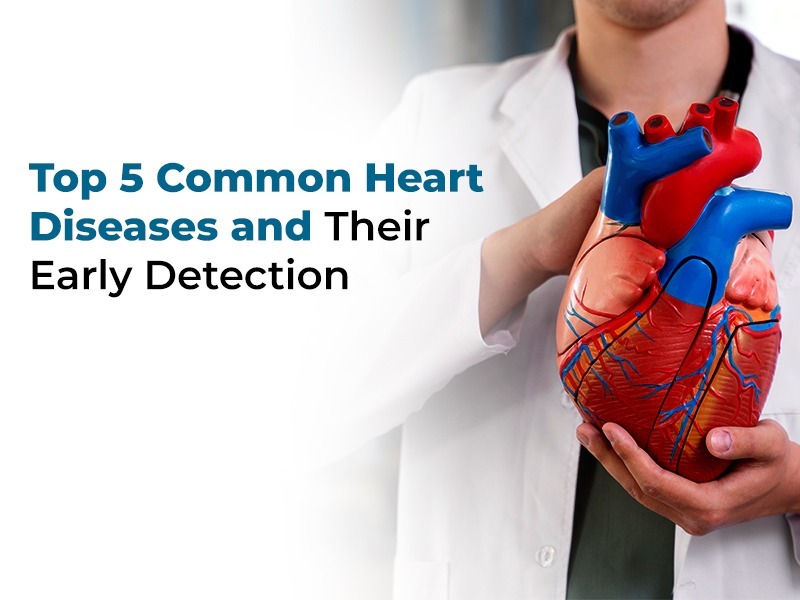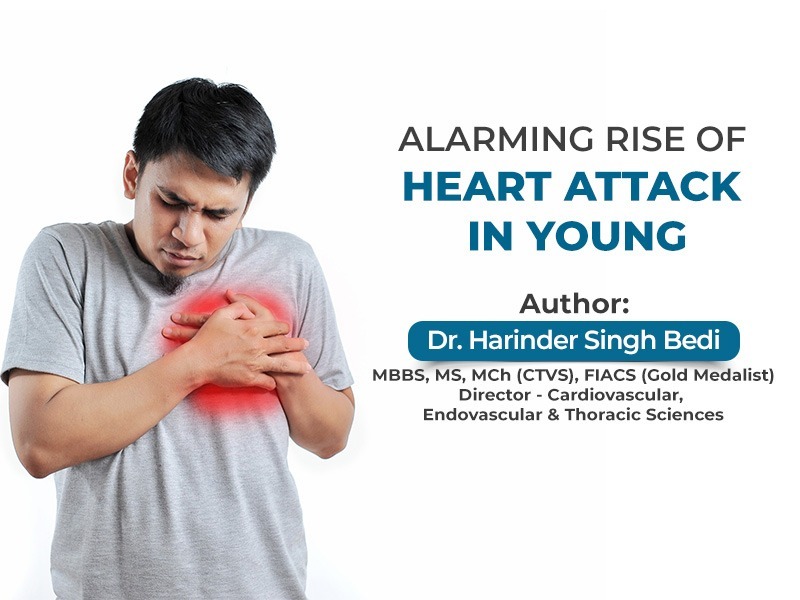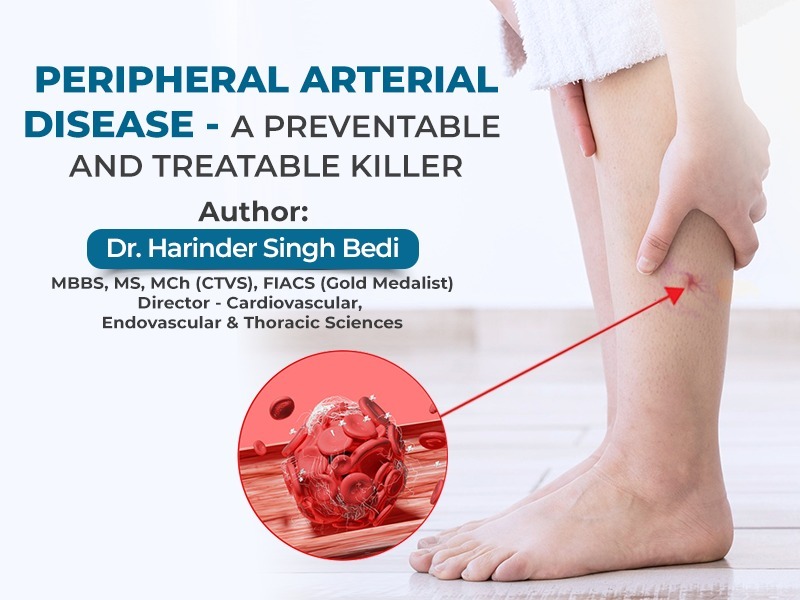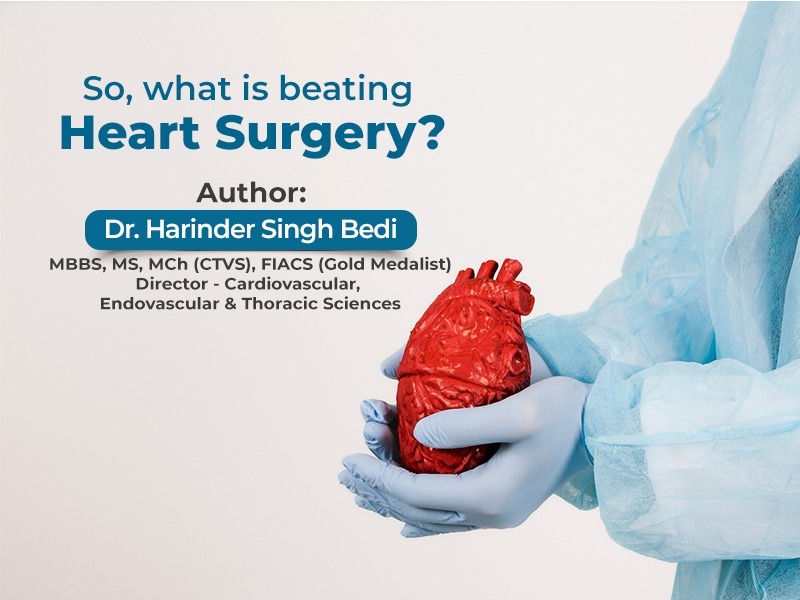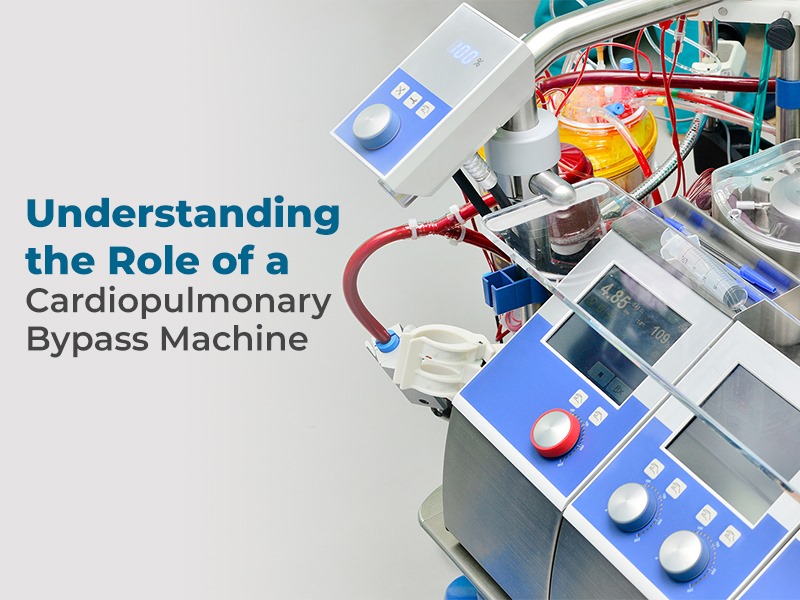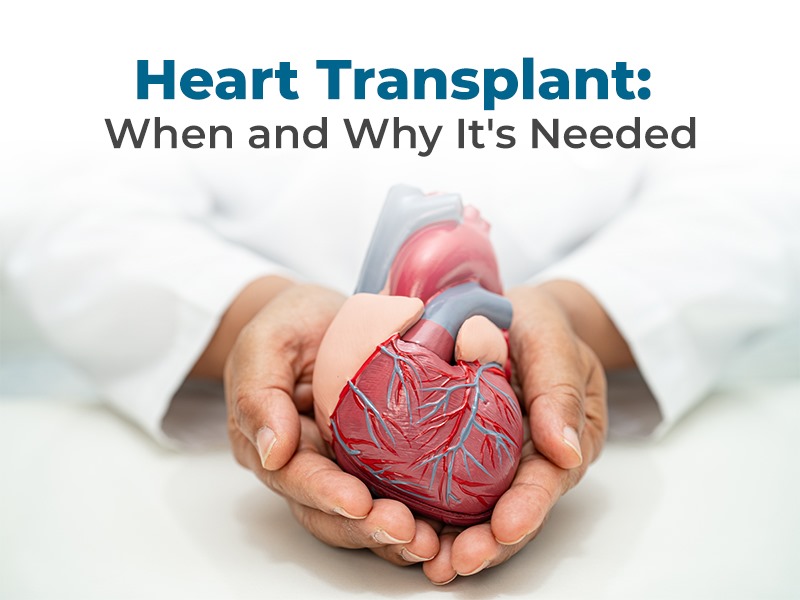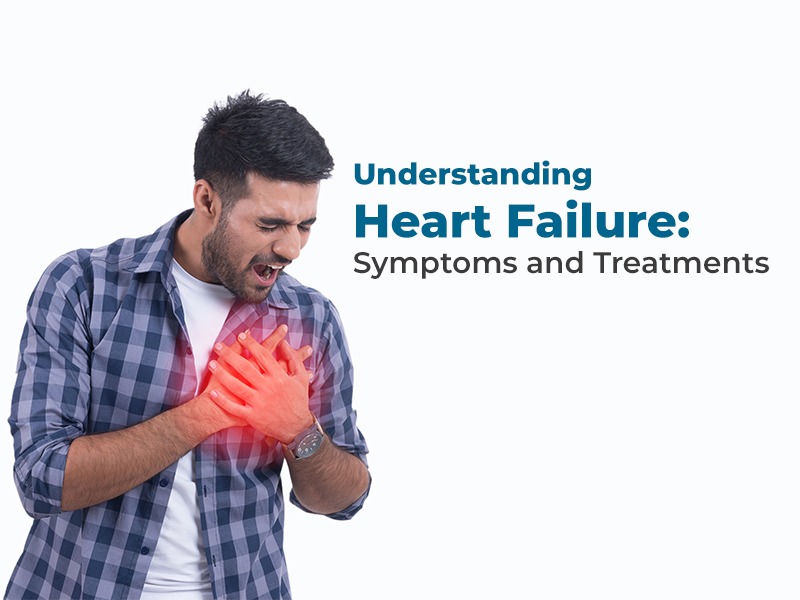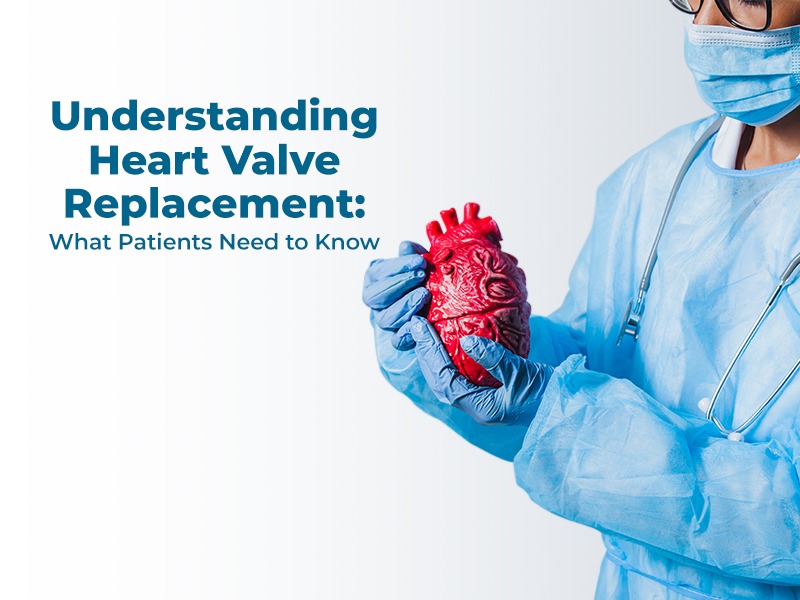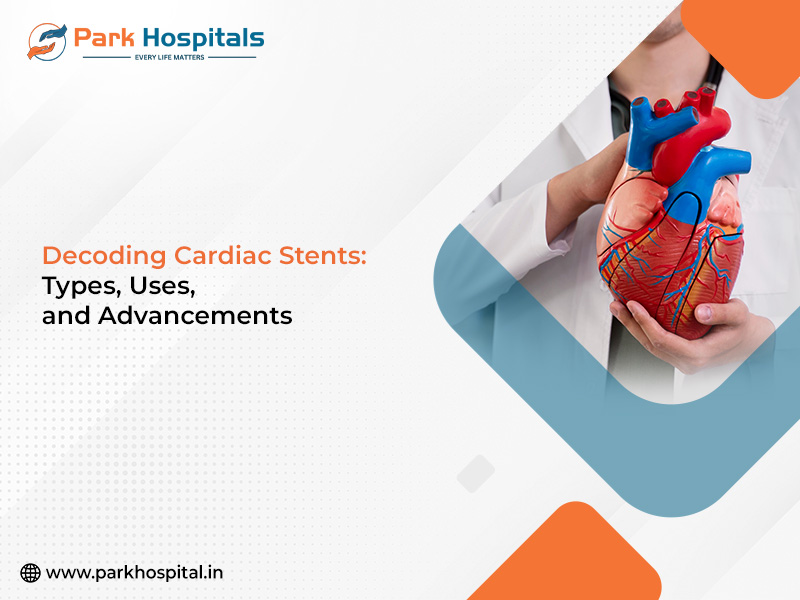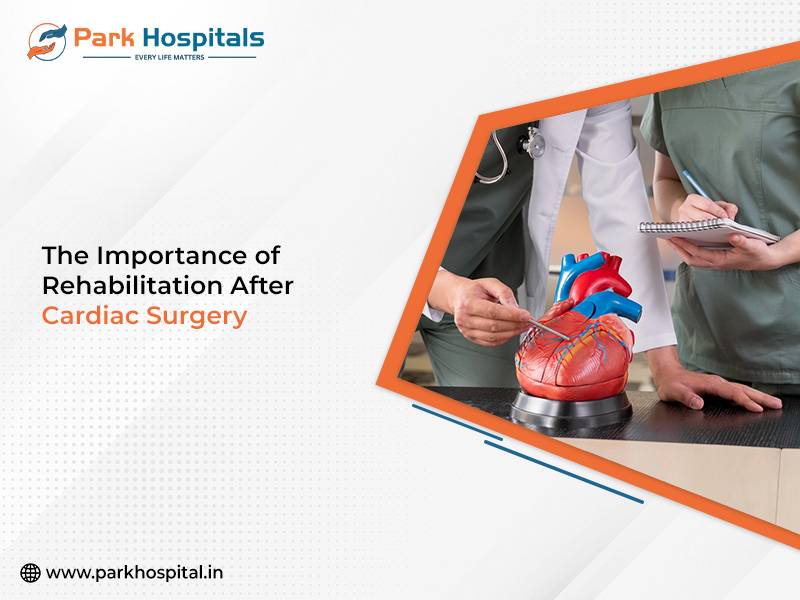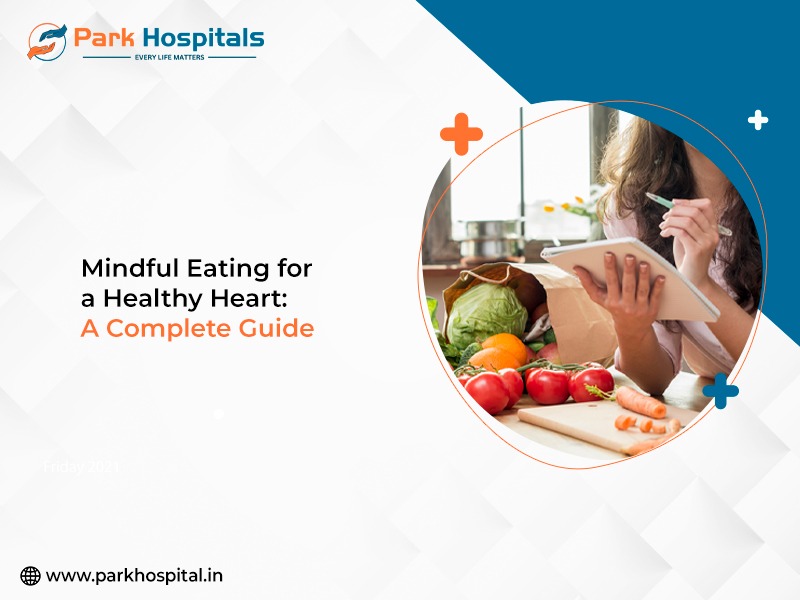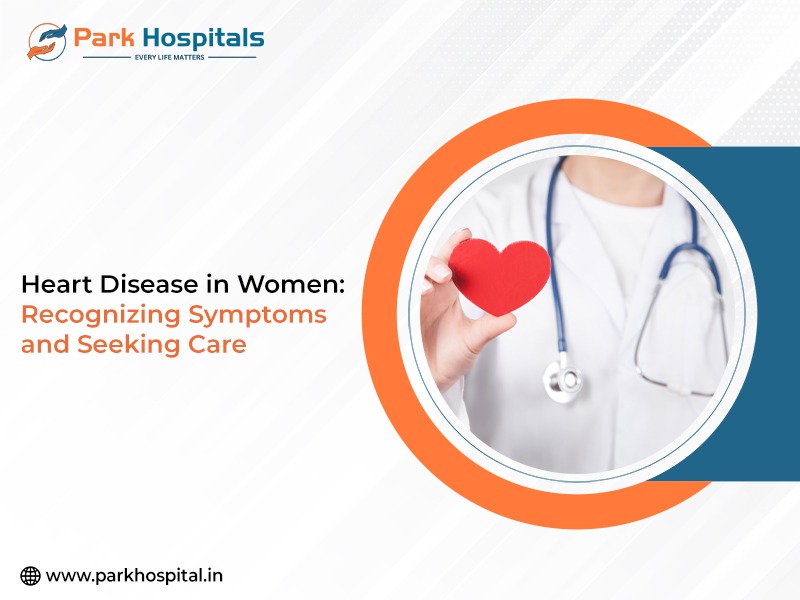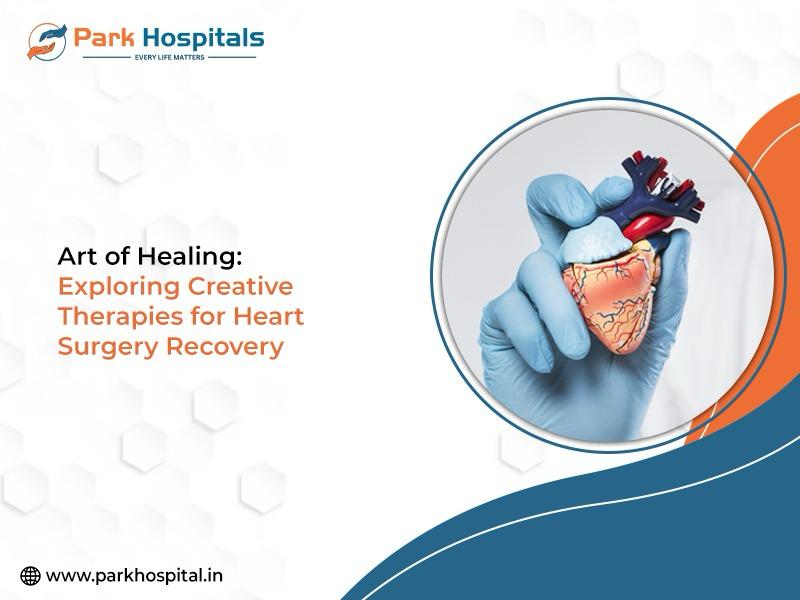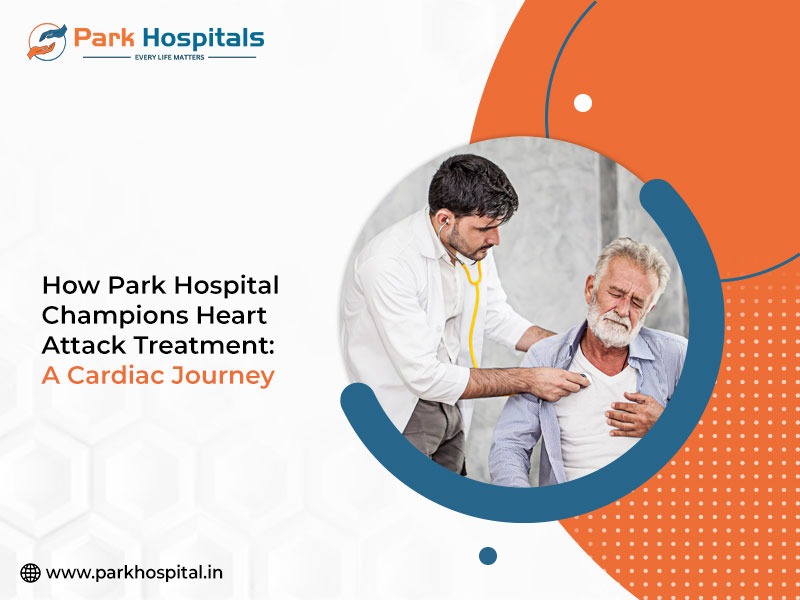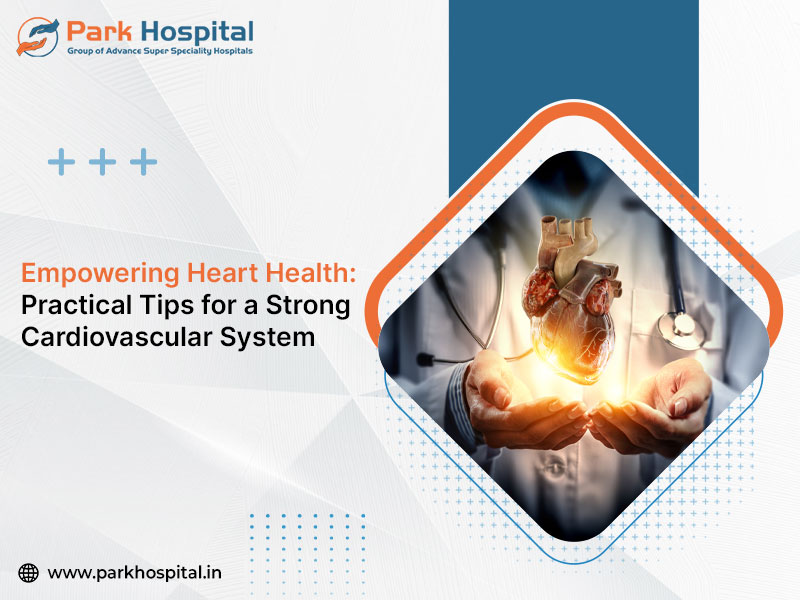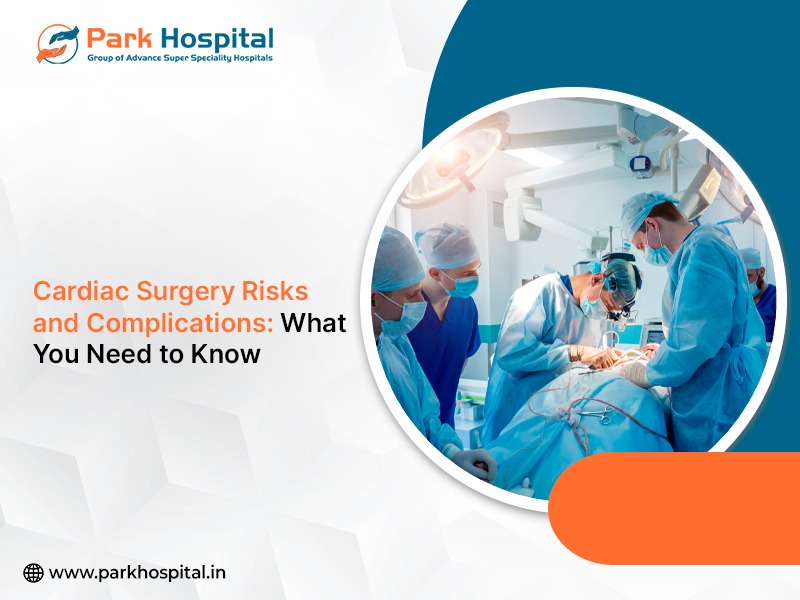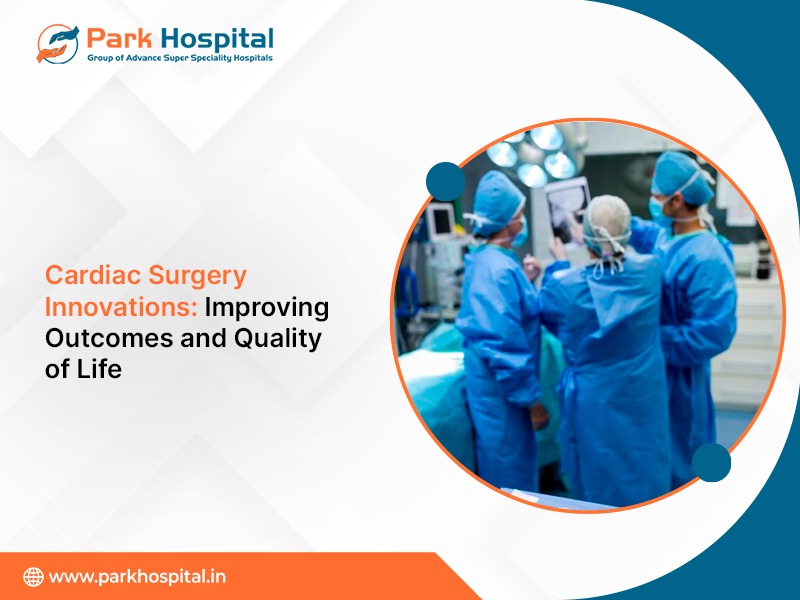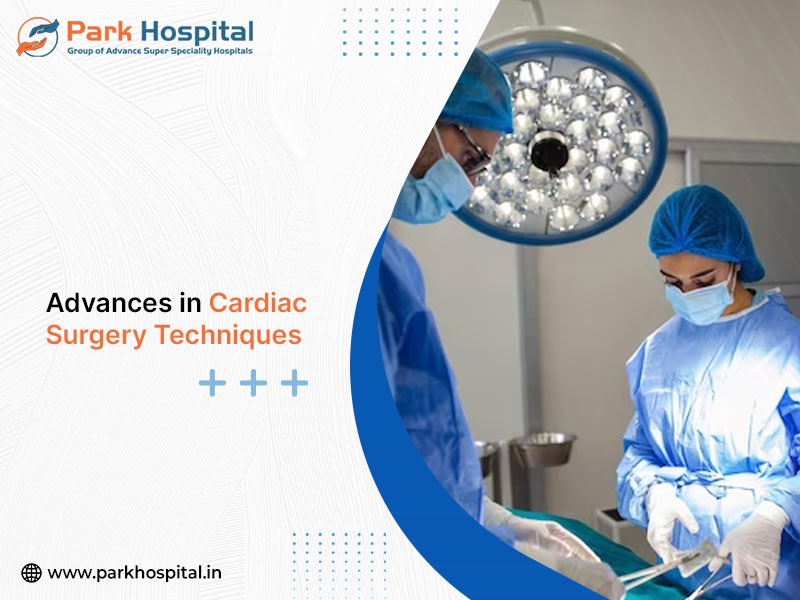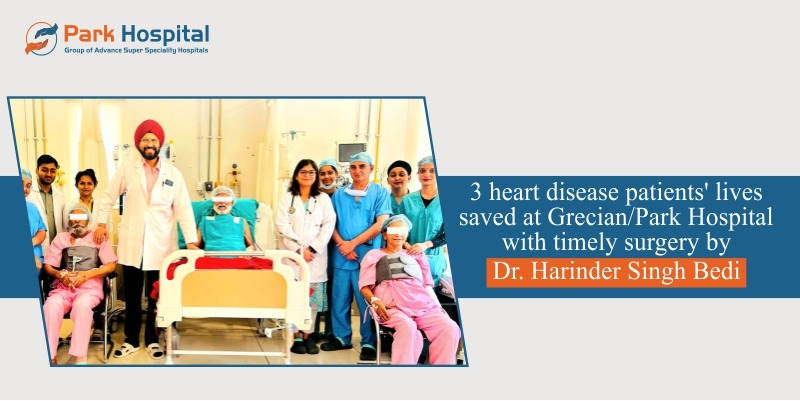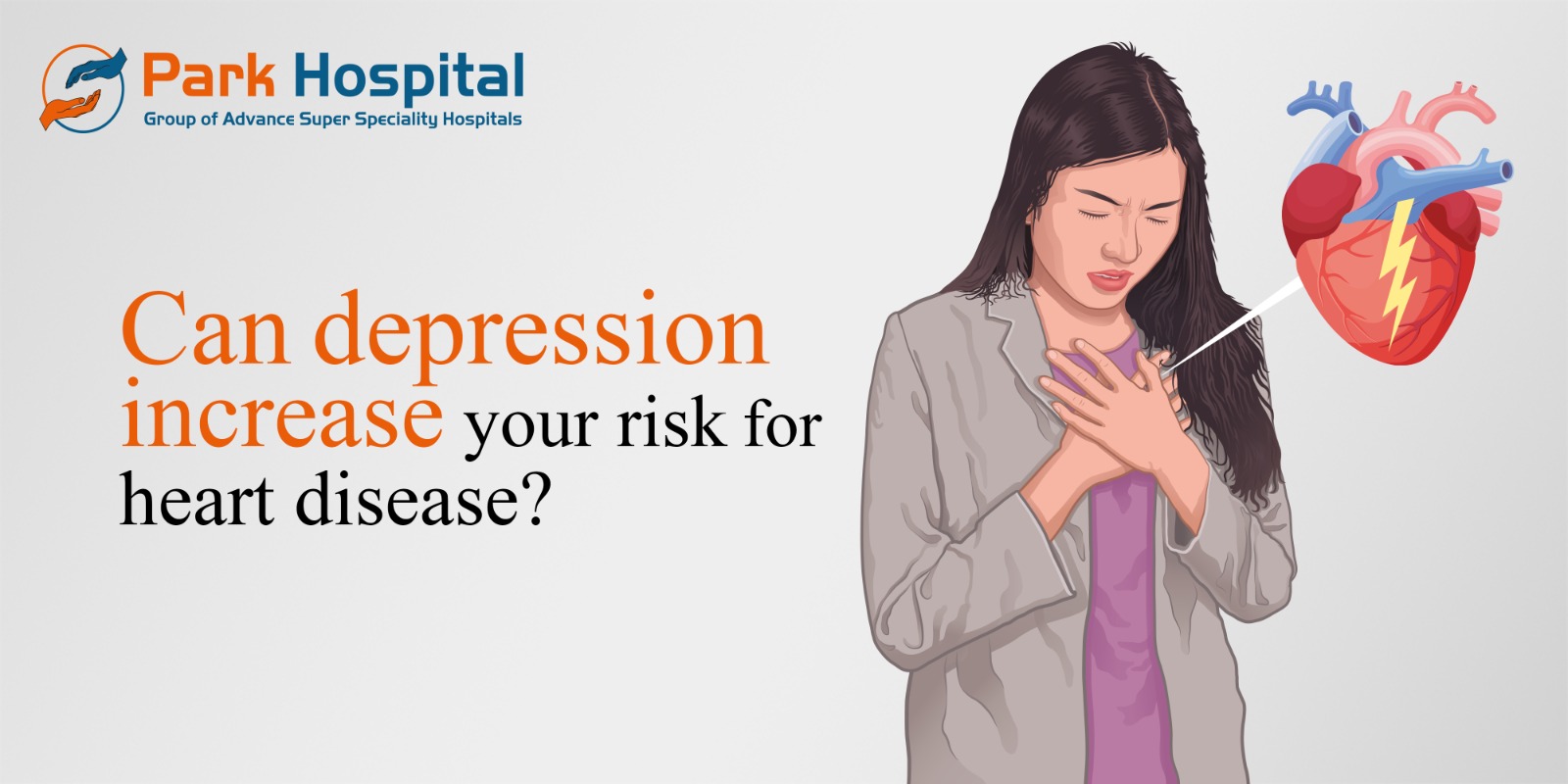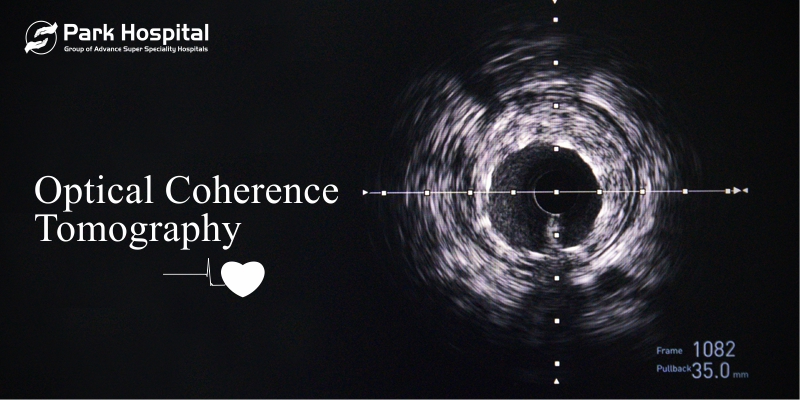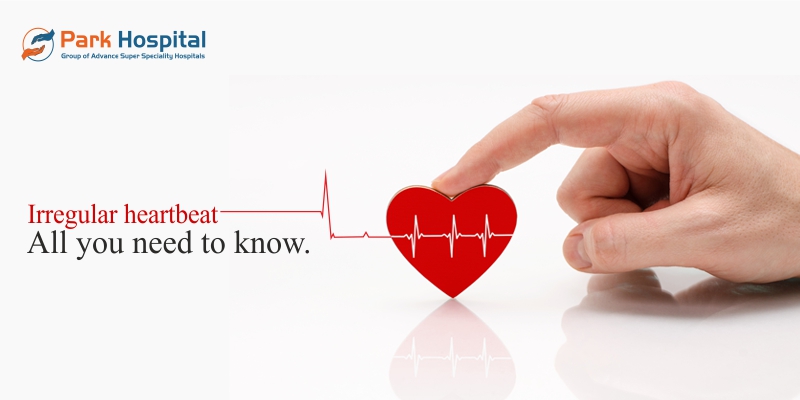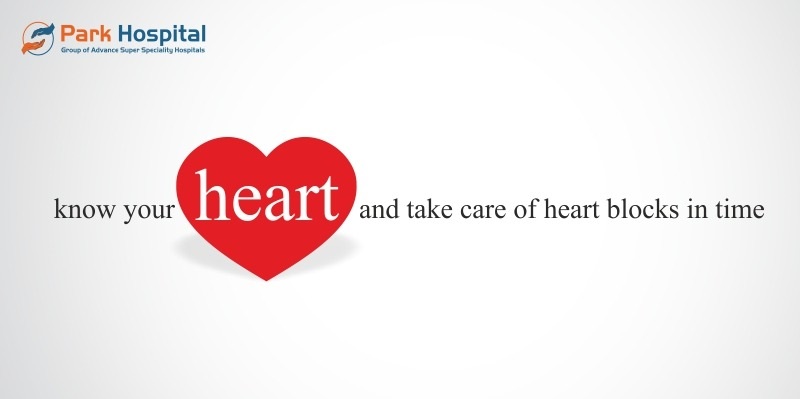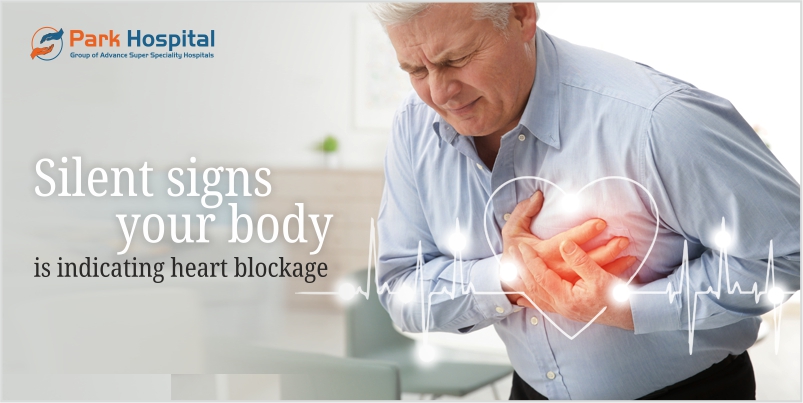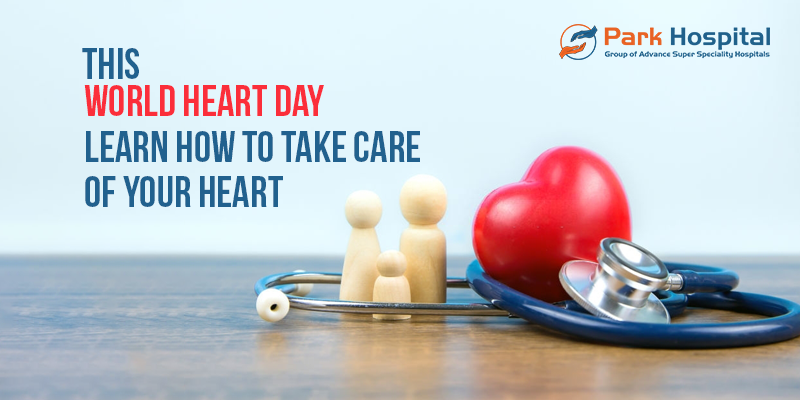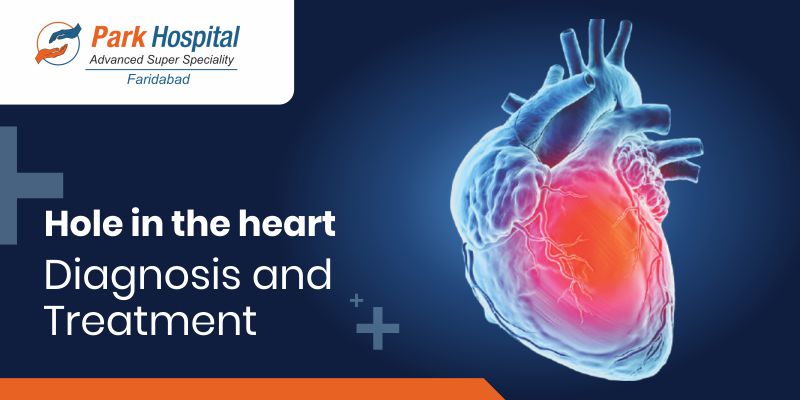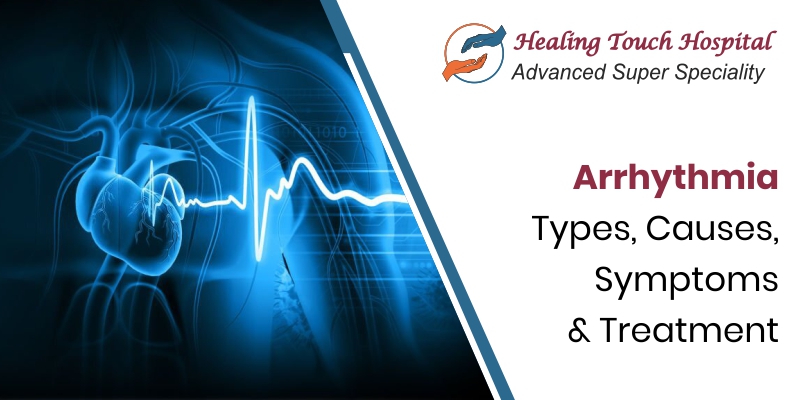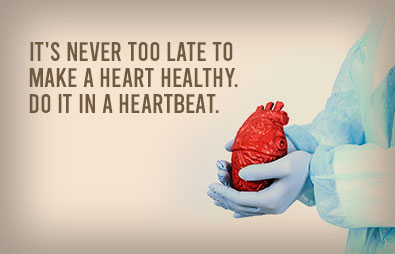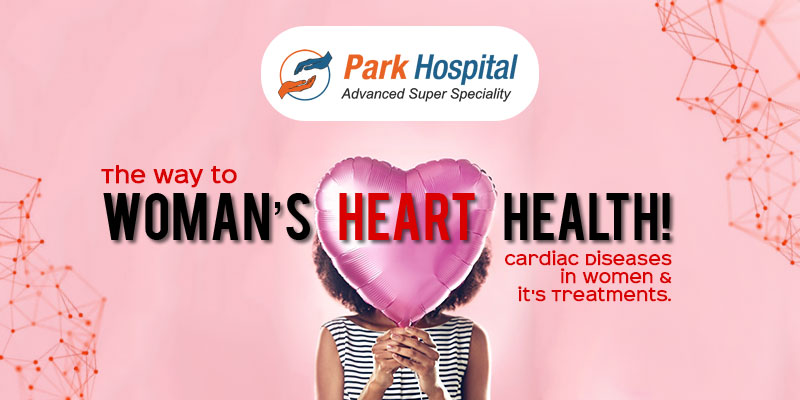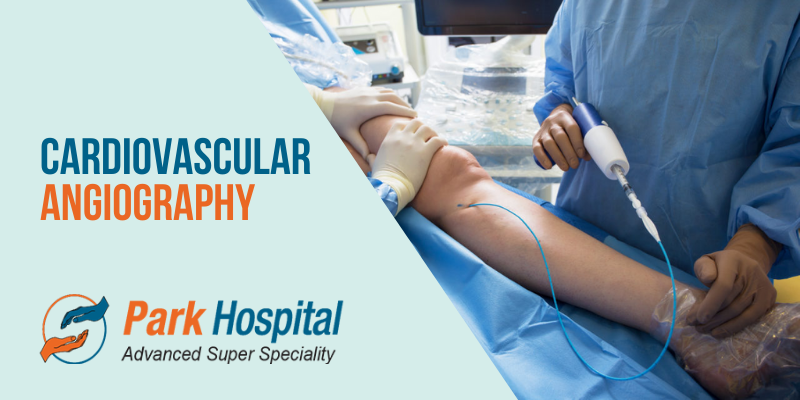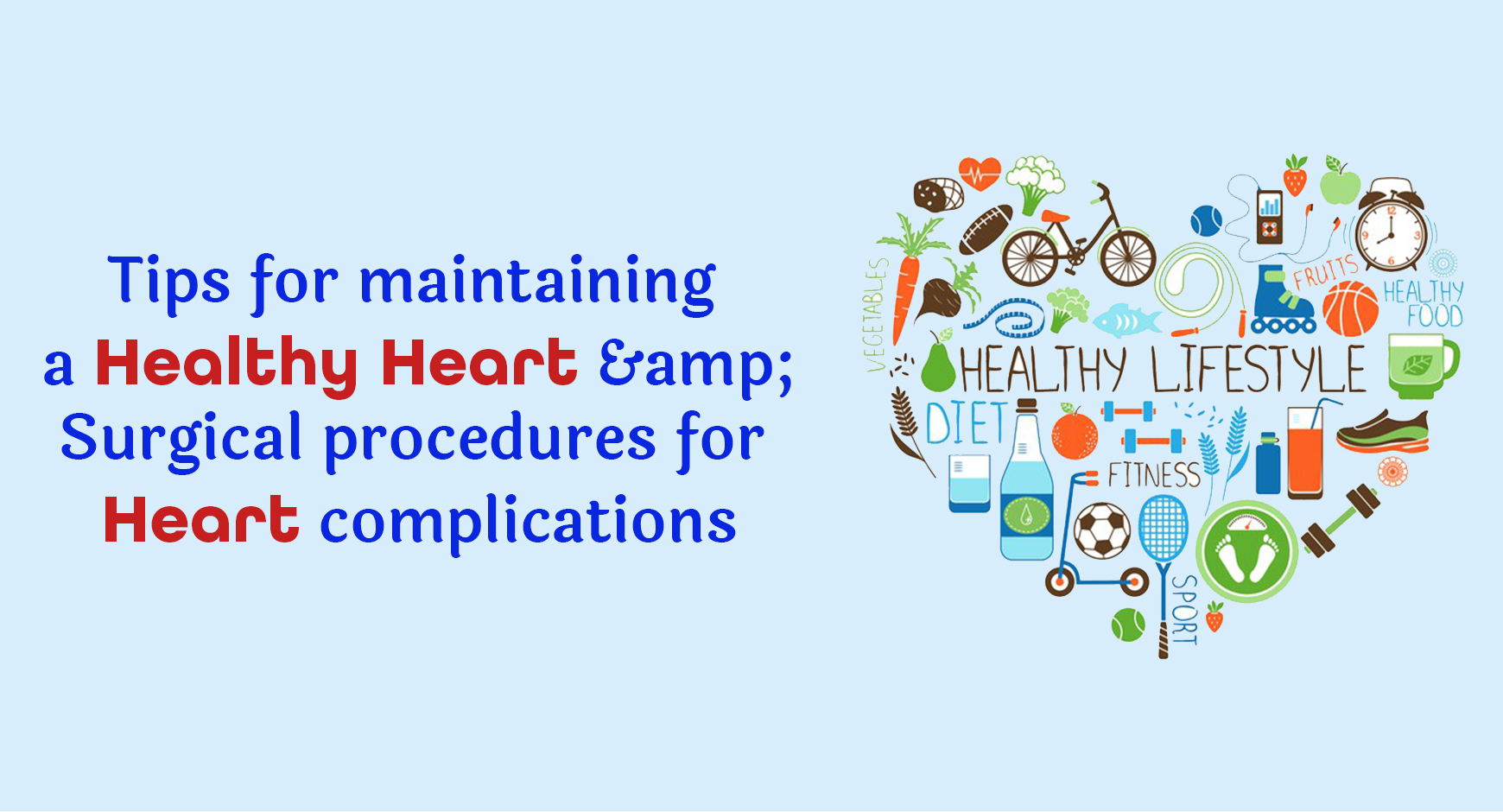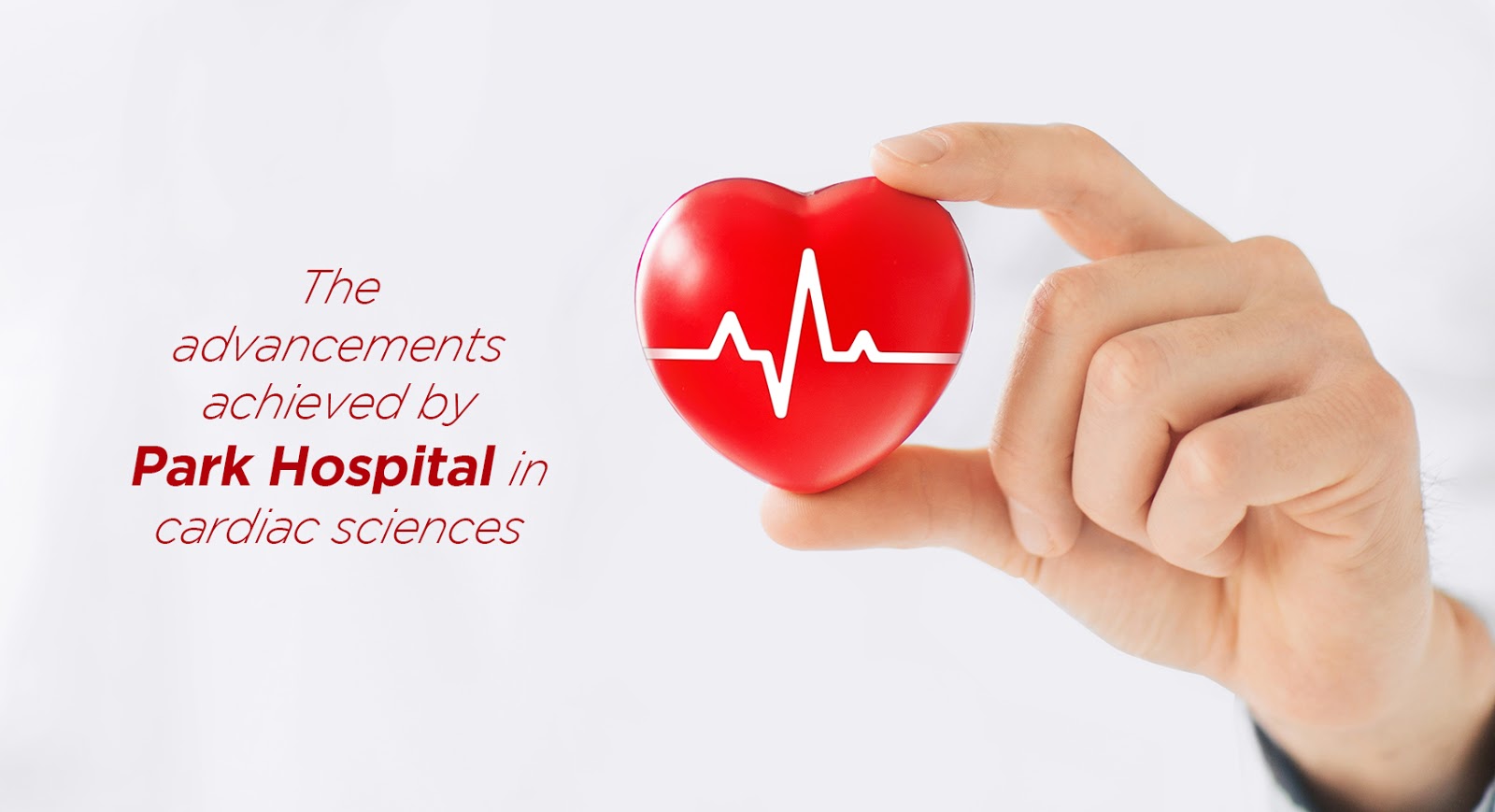Author:
Dr. Harinder Singh Bedi
MBBS, MS, MCh (CTVS), FIACS (Gold Medalist)
Director - Cardiovascular, Endovascular & Thoracic Sciences
The latest findings on heart disease are nothing unexpected. It is the number killer of Indian men and women, claiming one life about every 30 seconds. Most young, fit guys shuffle statistics like these into o mental file titled "Doesn't apply to me”- but they could be wrong- dead wrong. No matter how old (or young) you are, the only way to stay on top of your game is to know your risk factors and take the right steps to avoid problems down the road. Here is everything you need to know to guarantee your ticker stays stronger longer.
IN YOUR 20s
There is a common problem among men in their twenties they don't know that they are vulnerable to heart disease in the near future and that what they do - or not do - today will affect their heart health later on - at times irreversibly. Your twenties are the perfect time to establish heart-healthy diet and exercise habits that’ll extend your expiration date and keep those extra years healthy and worth living too. That means 30 minutes of aerobic exercise five times a week and maintaining a normal blood pressure.
Every 20 - somethings average Singh/Sharma/ Suleman/Samuel needs an annual physical examination where a doctor takes a thorough history and checks his heart rate, blood pressure and weight. A simple blood test to evaluate HDL and LDL cholesterol, triglycerides, lipid profile and blood sugar is essential. India has become the diabetes capital of the world. Diabetes can creep in undetected and wreak havoc on the heart, vessels of the leg and brain, eyes and kidneys. The tragedy is that it is such an easy condition to diagnose and manage if detected in time. If the checkup goes well one appointment is enough to clear you-at least for the immediate future, but if you have a positive family history of heart disease or if you are an athlete or you seriously hit the gym more than five times a week, ask your doctor for an EKO and echocardiogram to ensure you don't have a heart abnormality. An echocardiogram is one of the non-invasive ways to detect hidden defects which can strike suddenly. The echo can pick up dilated cardiomyopathy (a condition of heart failure in which the heart gets stretched too big and too thin) and hypertrophic cardiomyopathy (an inherited condition where the heart muscle is overgrown) - the latter has been implicated in sudden death in athletes.
YOURS 20s CHECKLIST
- 30 minutes of aerobic exercise five times a week useful hint: bhangra is the best heart healthy aerobic exercise
- Annual Physicals
- EKG
- Echocardiogram if indicated Blood pressure: 120/80 mm Hg or lower
- Lipid Profile: Triglycerides less than 150 mg/dL, LDL between 70
- 100mg/dl and HDL greater than 40 mg dL
- Fasting blood sugar between 70-100 mg/dL
- Have a hobby / sport which interests you - this is Important for overall health and a good rounding of personality Learn yoga this is one stress buster which you can continue doing for the rest of your life
IN YOUR 30s
Although most heart conditions are strongly hereditary, they may not manifest fill the 30's. So along with your standard health check, schedule another echocardiogram 10 years after the first one (if the first was normal)
- especially if you're regularly weight lifting, wrestling. playing football, cricket or participating in any sport with short bursts of activity or have a profession which entails stress (actually which one doesn't?).
Men older than 35 should also have an electrocardiogram (EKG), which traces the electrical waves of the heart every 5 years. This test will show Indirect evidence of the effect of hardening of the heart's arteries (atherosclerosis)-a preventable and treatable condition that restricts blood flow and may cause a blood clot. An echo also needs to be repeated. You can have a silent aneurysm lone that doesn't initially produce symptoms)-this makes one susceptible to Internal splitting of the major vessel of the body-the aorta- called a dissection. The young and otherwise healthy John Ritter-Hollywood actor and TV showman- died of a sudden dissection of the aorta.
YOUR 30s CHECKLIST
- 30 minutes of exercise five times a week
- Annual Physicals
- Blood pressure: 120/80mm Hg or lower
- Lipid profile and blood sugar: as before
It has been seen that happily married couples have a lower incidence of heart disease-so make sure that you get along well with your spouse!!! This is also the time that you should pass on healthy lifestyle habits to your children- it has been rightfully said that what you leave for your children is more important than what you leave for you children. Heart disease is nowadays tending to strike younger people and if we do not guard the Generation Y against heart disease - they may be the first generation in the history of mankind to have a lower lifespan than their immediate ancestors. The 30's is also the stage of hectic work schedules and ambitions. 12 hours shifts, carrying work to home, not spending enough quality time with family etc. these are all harbingers of heart disease besides marital problems!! A balanced outlook to life has to be taken and priorities established
YOURS 40s CHECKLIST
- 30 minutes of exercise five times a week
- Annual physical
- Echocardiogram, 10 years after your last one
- EKG, 5 years after your last one if the last wan Normal Blood pressure: 120/80 mm Hg or lower
- Lipid profile and blood sugar: as before
- C-reactive protein: Less than 1 mg per liter
Yours 50s CHECKLIST
- 30 minutes of exercise five times a week: less strenuous than before, less of high impact
- Annual physicals
- Echocardiogram, 5 years after your last one
- EKG, 1 year after your last one
- Exercise stress test (tread mill test or TMT)
- Lipid profile and blood sugar: as before
- C-reactive protein: less than 1 mg per liter
- A nuclear perfusion scan and a CT angiogram in carefully selected cases.
IN YOURS 50s
Fifty is the typical age men develop coronary heart disease. An exercise stress test sometimes called a treadmill test, monitors how well your heart handles work. As you walk or pedal on an exercise machine, the electrical activity of your heart and your blood pressure are measured.
As your body works harder during the test, it requires more oxygen, so the heart must pump more blood. The test will pick up subtle atherosclerosis (blockage of the coronary arteries) and determine the cause of any chest pain and the exercise capacity of your heart. If this test in positive or if you have symptoms (chest pain) Your doctor may decide on getting an angiogram done -a conventional one (which needs a hospital admission and entails threading a catheter into your heart and the Injection of a dye into the heart arteries) or a CT angiogram (which takes 5 minutes to perform). The CT angiogram is a non-invasive screening and diagnostic test. Recent studies have suggested that in selected cases it is as reliable as a conventional angiogram. It is anyway an excellent screening test in susceptible men. At times a nuclear perfusion scan may be advised. This is done to see if there is any ischemia (lack of blood supply) in the heart and also if this is reversible. This helps the clinician to choose the therapy-thus if there is significant reversible ischemia-some form of revascularization (stent or surgery) is advisable. Surgery is no longer a 'heart stopping experience as it used to be. Most surgeries are done on a beating heart with excellent results (the author holds the Uma Book World Records for the first series of multivessle beating heart surgeries with post op angiogram-this paper has been published in renowned International medical Journals.)
POST RETIREMENT
One is still quite young at age 60 years. Physical and mental activity must continue - though at a slightly more dignified pace- although there are quite a few 'elderly' people I know (including my father) whose level of enthusiasm and activity beats most 'younger' people like me I! Make sure you have some form of exercise just a brisk walk for 20 minutes has heart healthy advantages. The other checklist continues as before-enjoy things that you did not have time for earlier!
At Any Age
If you experience chest pain or shortness of breath - get to the hospital right away. These are the two primary symptoms of heart disease and should never go unchecked Men are deniers.
It is usually someone else in their lives-wife, girlfriend, mom, daughter who forces them to confront symptoms and seek medical advice. Other warning signs to speak up about are light- headedness, palpitations (an abnormal heart beat). 'Heart burn' or 'gas' (the number of patients who land up on my operating table because of an ignored 'gas' is just not funny), indigestion, pain in the left arm or jaw or even just a sense of being unwell (quite a number of attacks are 'silent and the patient may present with advanced heart damage without even being aware that he has had prior heart attacks). The quicker one can get to hospital - the better it is as delay leads to damage to heart muscle - hence the saying "Time is muscle".
Some other HEART-SMART TIPS
- Eat a lot of green leafy vegetables, fruits and vegetarian non-oily food with a lot of fiber daily
- Quit smoking
- Reduce alcohol intake to no more than one drink a day (it at all)
- Increase your physical activity, perform regular aerobic exercise
- Control blood pressure by lifestyle changes, medication and regular medication
- Control diabetes
- Practice yoga
- Have a routine yearly checkup
- Spend quality time with your loved ones
- Be happy
A good percentage of heart attacks can be prevented and the morbidity and mortality associated with this disease can be greatly reduced by lifestyle changes, control of the risk factors and surgeries where indicated.
RISK FACTORS
- Obesity
- Diabetes mellitus
- High cholesterol
- High-stress lifestyle
- Sedentary lifestyle
- High blood pressure
- Cigarette smoking/tobacco intake

